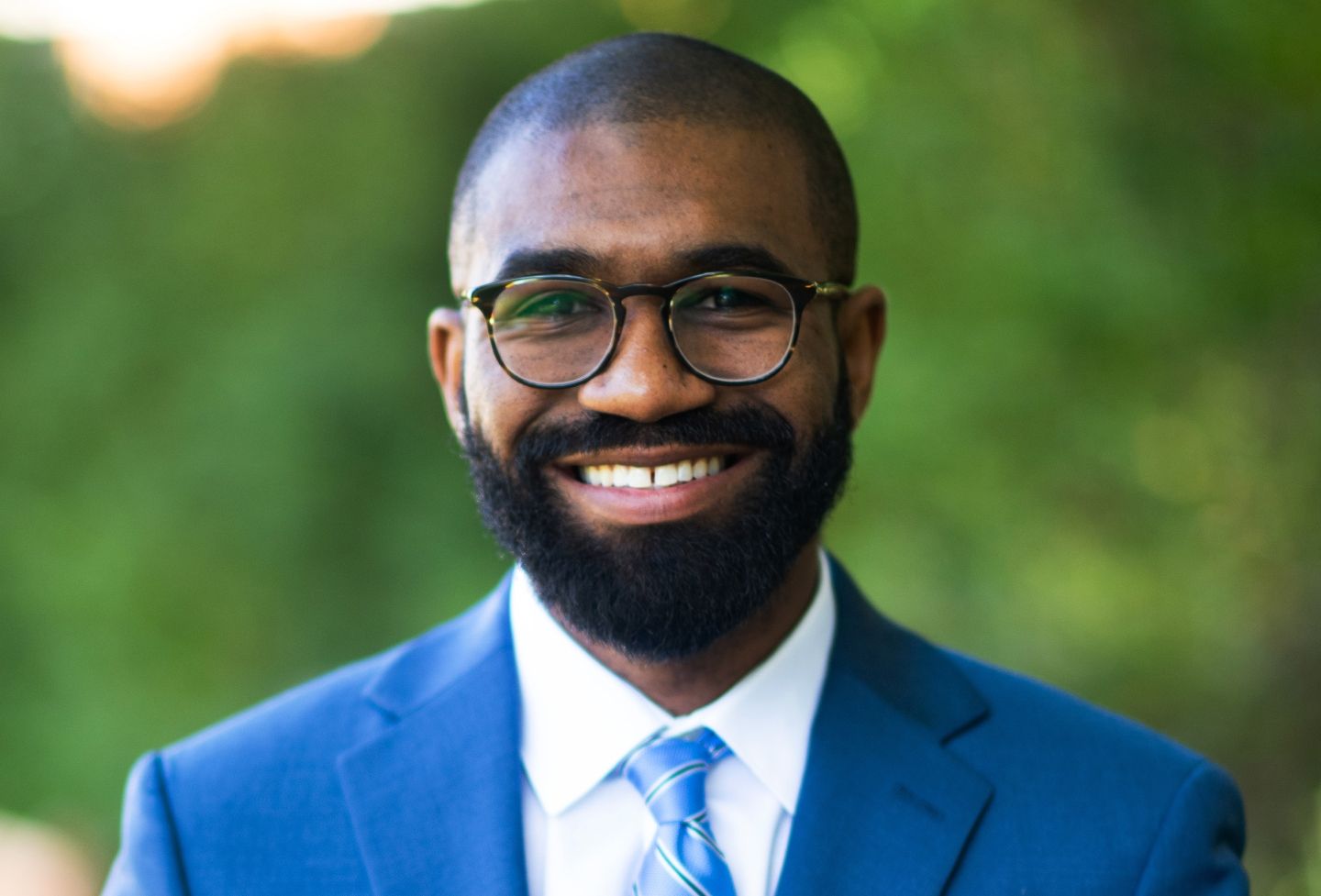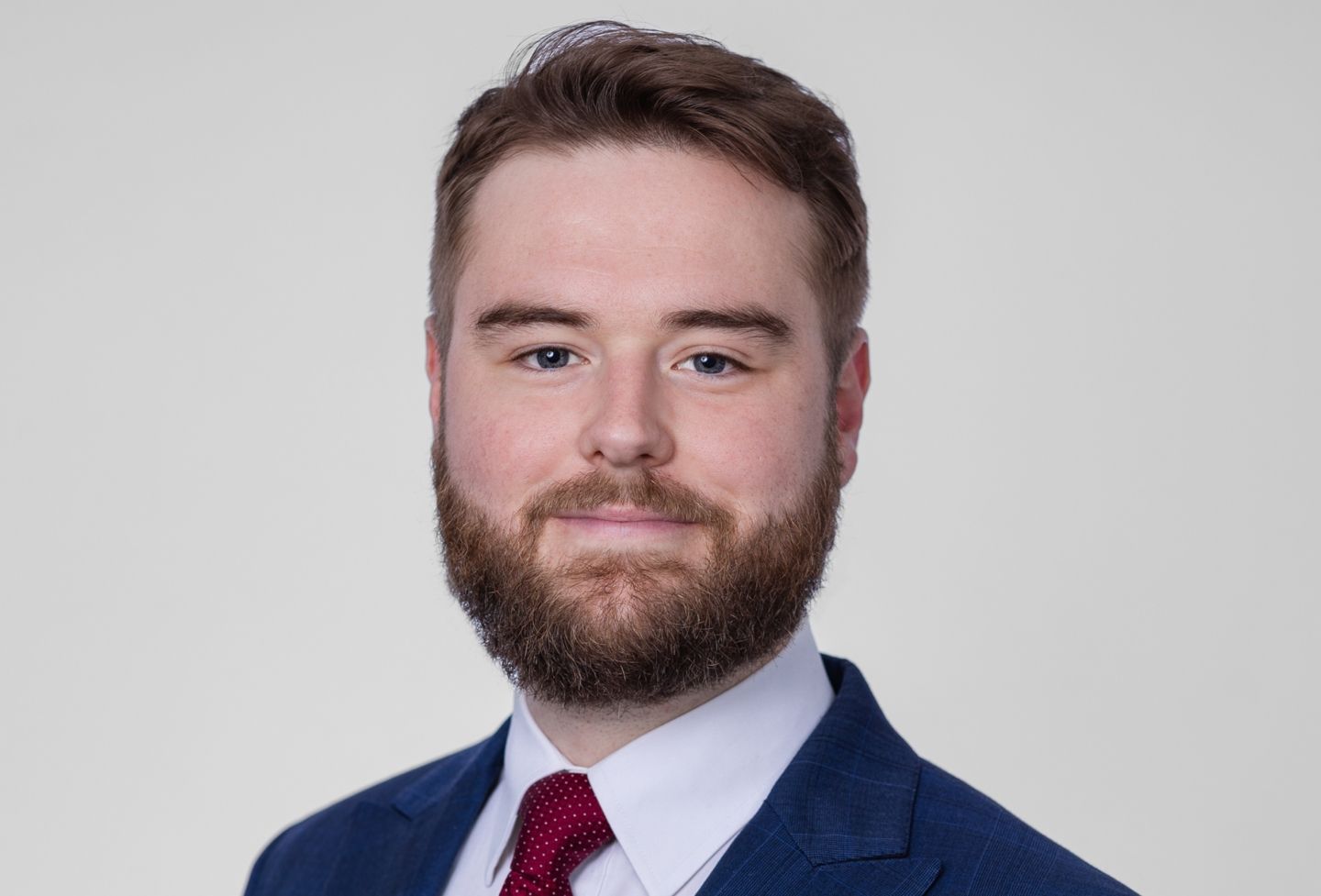Brent Savoie, a 2007 graduate of the University of Virginia School of Law, works at the intersection of health care and law as a resident researcher in radiology at Johns Hopkins University and as a board member of Primeros Pasos, a rural health care clinic he founded in Guatemala in 2002.
Savoie, who is also the president of the Inter-American Health Alliance, recently discussed his career path, his research into regulatory law issues at Johns Hopkins and his efforts to improve in the health of rural Guatemalans.
You interrupted medical school to go to law school, before then finishing your medical degree at Vanderbilt University. Why did you decide to be both a lawyer and a physician?
In 2001, after graduating college, I worked in rural South Africa coordinating a HIV/AIDS research study. In the province where I was working, almost 40 percent of the women who presented for prenatal care tested positive for HIV. While effective antiretroviral therapy existed at this time, these medications were inaccessible to South Africans living with HIV. My questions as to why so many people were dying from lack of access to essential medications led to an interest in pharmaceutical patent law. As I began working with groups investigating the links between intellectual property law and access to essential medications, I realized the tremendous impact the legal system had on access to medications in developing countries. I continued this research during my first two years of medical school, at which time I was awarded the Jefferson Scholars Graduate Fellowship in Law in 2004, and came to UVA Law.
Can you trace your career path after law school?
At UVA Law, I was able to both continue my research into the implications of intellectual property law on access to HIV/AIDS medications in South Africa and Central America in collaboration with the Center for Global Health. In addition to intellectual property law, my time at UVA allowed me to understand the broader relationships between the legal system and health care delivery.
I finished my final two years at Vanderbilt Medical School after graduation. Following medical school, I completed an intern year in internal medicine at Vanderbilt before beginning my residency in radiology at Johns Hopkins Hospital. At Johns Hopkins my research focuses on the intersection of medical informatics and regulatory law.
I have continued working in Guatemala and return to Primeros Pasos approximately three times a year. I have continued to serve as the president of the Inter-American Health Alliance and direct its work providing support to Primeros Pasos and other community health organizations in Guatemala. Recently, I have started working with the Guatemalan government and the U.S. government on improving the process for unaccompanied minors who are repatriated to Guatemala.
I was recently named an adjoint professor of Vanderbilt's Center for Latin American Studies and work with the center in its health-related activities in Guatemala.
What does your work as president of the Inter-American Health Alliance entail? How is it related to Primeros Pasos?
The Inter-American Health Alliance is a U.S.-based nonprofit that was started by former volunteers from Primeros Pasos in 2004 to support Primeros Pasos and other community-based health organizations in Guatemala. IAHA relies on an all-volunteer staff for its operations, allowing it to provide nearly 100 percent of donations directly to program expenditures in Guatemala. We provide approximately 60 percent of Primeros Pasos' annual budget, all through grassroots fundraising initiatives. We are always looking for volunteers and are currently recruiting new members for our board of directors.

What led you to found Primeros Pasos? How did that come about?
In 2002, I moved to the western highlands of Guatemala to conduct a study of rates of pediatric parasites in rural areas. The clinic we based the study out of had been abandoned during the Guatemalan Civil War and had remained unstaffed until we began the study. While conducting the research study, we realized that there was no accessible source of primary care or health education in the valley where we were working. The results of our study demonstrated the severe health challenges facing the people living in the valley. With a small amount of startup funding, we reopened the clinic, with a comprehensive approach towards health care. We work closely with local schools to combine clinical care with in-clinic education and school-based outreach programs. With the collaboration of Guatemalan staff, rotating Guatemalan medical students, and international volunteers, Primeros Pasos provides clinical care, health education and nutritional interventions to several thousand students in 10 schools and 12 day care centers where we work.
Primeros Pasos remains the only comprehensive and affordable source of local health care in the area and has extended its programs to include medical, dental and lab services to both adults and children. We now offer health education classes year-round to participating schools and community groups through our dedicated Children's Health Education and Women's Health Education [programs].
Over the past 12 months, in response to the growing malnutrition crisis in Guatemala, which has the fourth-highest rate of chronic malnutrition in the world, we have initiated a nutritional intervention program in collaboration with Habitat for Humanity.
You have recently been raising funds to support the clinic. In what ways is the organization planning to use the contributions?
The Inter-American Health Alliance is a volunteer-run nonprofit, ensuring that close to 100 percent of all funds raised go directly to program expenditures on the ground in Guatemala, including our primary care, women's health, health education and nutrition programs.
In 2013, we plan to accept a new group of malnourished children in our Nutritional Recuperation Program starting in February. We plan to expand our Women's Health Education Program to new communities within the valley. We plan to see more women in the clinic for comprehensive care and family planning. We plan to attend more patients and give more fluoride treatments in our dental clinic. We plan to attend to all primary students in the valley and give more health lessons in the schools than last year. And we plan to have more volunteers helping us accomplish our goals.
We are developing plans for a new facility to accommodate the growing services we are providing at Primeros Pasos. Our current rented facility has served us well over the past 10 years, but does not have the space for the services we are currently providing. Our plan is to create a health and educational center that will not only provide for our patients, but will serve as a training facility for rural health care providers throughout Guatemala. We are currently looking for a core sponsor for this project with naming opportunities available.
What are some of the challenges facing your patients in Guatemala?
Our patients, particularly the children we serve, face daunting health challenges, from malnutrition to access to potable water. Almost 70 percent of the children in the area where we work suffer from chronic malnutrition. Guatemala unfortunately has the fourth-highest rate of chronic malnutrition in the world, and the second-highest rate of malnutrition-related stunting after Afghanistan.
Health access in rural areas is extremely limited. As many of the individuals who live in the area where we work speak indigenous languages (as does approximately half of the Guatemalan population), language and cultural barriers limit their ability to seek care in larger cities.
Economically, the already-difficult situation in Guatemala has worsened in recent years. There has been a decline in cash remittances from relatives in the United States in the area where we work due to both the economic downturn and increased rates of deportation. Extended drought has compounded this economic crisis, reducing the ability of families to meet their nutritional needs through subsistence agriculture.
At Primeros Pasos, we realize that health is a multifaceted issue and we are committed to fostering cross-sector collaborations between nongovernmental, governmental and private actors to improve the health conditions in the valley. Creating a space where different actors focused on different aspects of health care is a primary impetus in the construction of a new facility that can serve as a clinic and a health-focused community center.
In what ways has your law degree been useful in your work at Johns Hopkins?
At Johns Hopkins, my research focuses on the intersection of regulation, quality improvement and radiology. Of all the medical specialties, radiology is arguably the most highly regulated, with oversight from diverse governmental agencies, including [The Department of] Health and Human Services, the Food and Drug Administration, and the Nuclear Regulatory Commission. From a legal and policy research perspective, this creates a fertile ground for exploring themes in health care law that I learned at UVA Law. This year, I have been focused on the impact of regulatory developments on the development of health care informatics systems, which has drawn heavily on my legal studies at UVA.
Did your time at UVA Law also help prepare you for your volunteer work? How so?
My time at UVA Law was invaluable both in terms of my legal training and my professional development. My studies and clinic work in human rights law has helped me develop strategies for the implementation of rights-based health programs in Guatemala. Working with the Center for Global Health at UVA opened my eyes to mechanisms for fostering interdisciplinary research and service-learning opportunities in global health. My experience led to my recent appointment as an adjoint professor of Latin American studies at Vanderbilt University — an interdisciplinary collaboration that I would not have previously envisioned.
My legal background has helped me work on policy issues related to my work in Guatemala. Recently, I have been working with the Guatemalan and U.S. government representatives to improve the process for the repatriation of unaccompanied minors from Guatemala to the U.S.
What advice would you give to law students who are interested in pursuing a similar career?
The intersection of health care and the law provides interesting opportunities for law students, regardless of whether they would like to work in the private sector, the government or the nonprofit sector. I would strongly encourage law students to take health law courses and intellectual property courses. UVA has incredible strength in these areas and the background will provide you with a valuable skill set.
I'm always open to talking to law students if they have specific questions or areas of interest.
Founded in 1819, the University of Virginia School of Law is the second-oldest continuously operating law school in the nation. Consistently ranked among the top law schools, Virginia is a world-renowned training ground for distinguished lawyers and public servants, instilling in them a commitment to leadership, integrity and community service.


